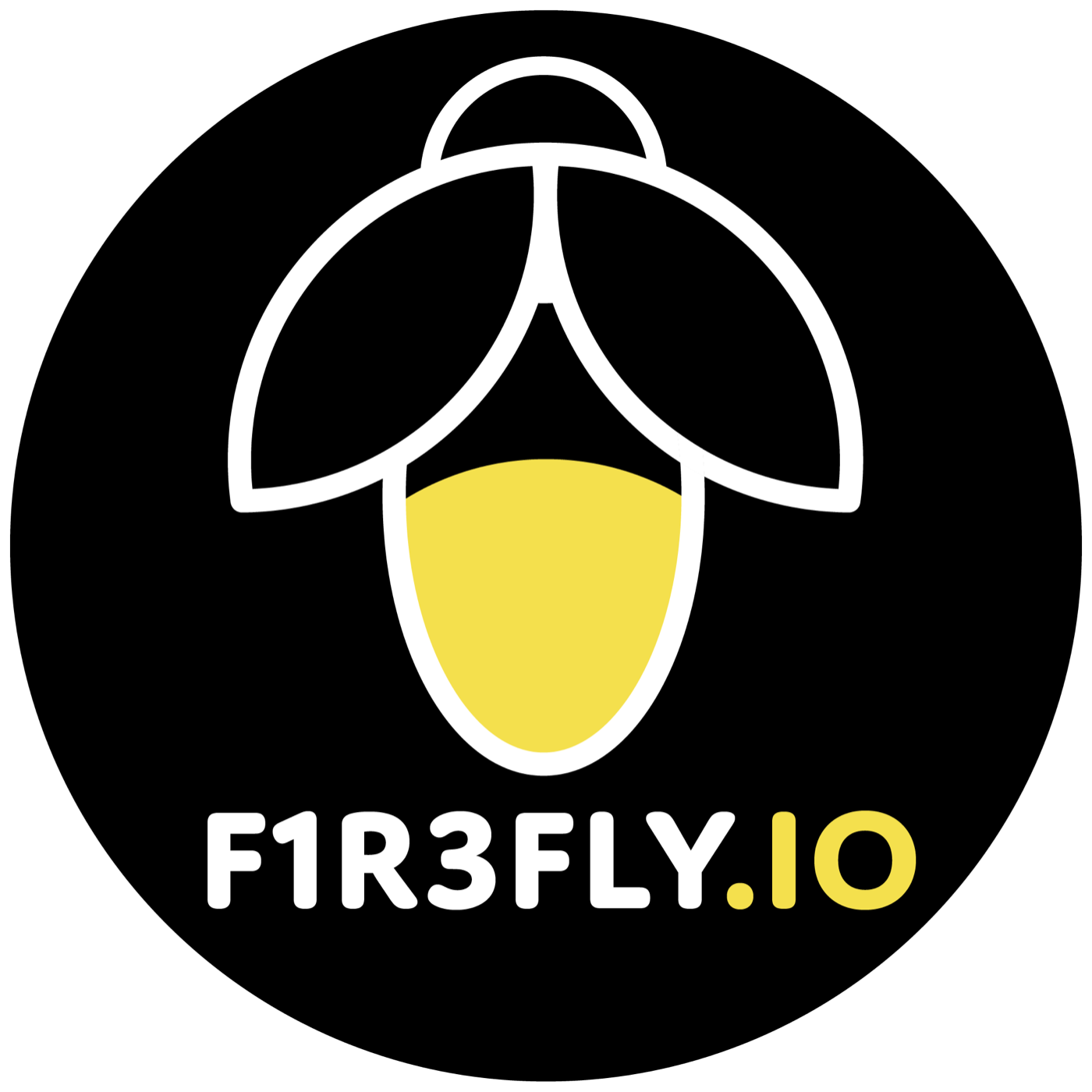1,380 reads
Is Google Doomed? Only the Paranoid Survive….
by
January 17th, 2023
Audio Presented by

Invented the rho-calculus and namespace logic. Founded RChain Cooperative. Now runs f1r3fly.io.
About Author
Invented the rho-calculus and namespace logic. Founded RChain Cooperative. Now runs f1r3fly.io.
